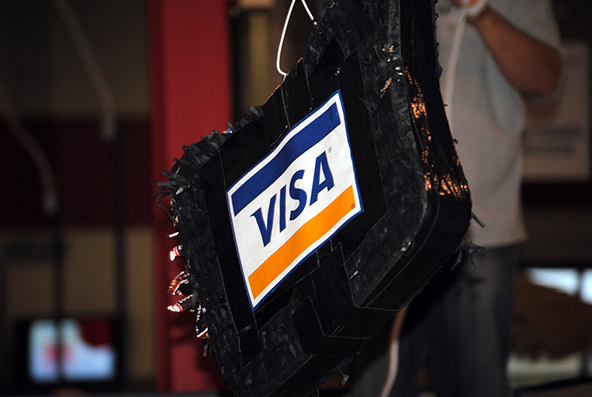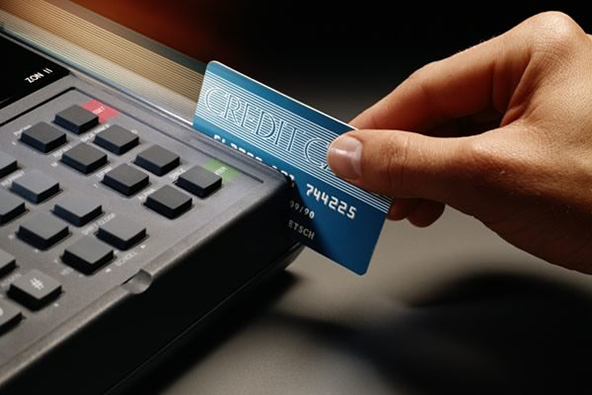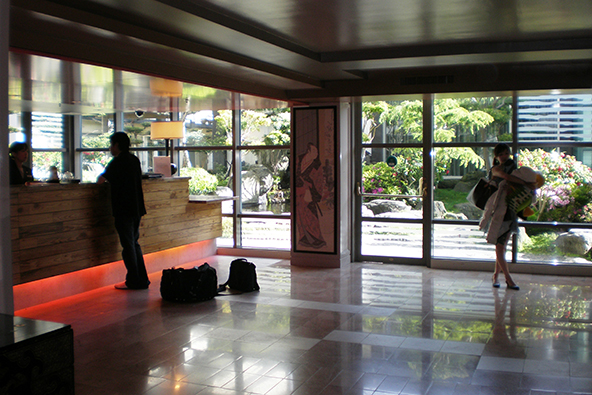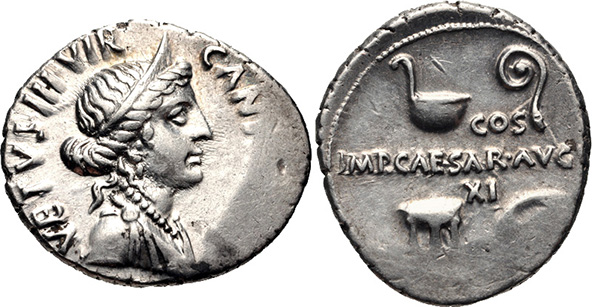Chargebacks and Why It Pays to Use a Credit Card

It’s been a while since we’ve posted anything on chargebacks on our blog. In fact, I think this must be our longest chargeback-free spell. So I was hugely relieved to find out that the good people at Card Hub have published a report on the controversial issue, in the process giving me a perfect excuse to dive into the subject once more. And I will gladly take full advantage of the opportunity.
To compile their report, Card Hub has relied on the answers of three of the four major U.S. credit card networks and six of the biggest U.S. issuers. Visa had declined participation in the survey, we are told, as had done Chase and U.S. Bank. I don’t understand why Visa would have refused to answer Card Hub’s questions. After all, Visa’s chargeback policies are freely available to anyone, so it’s not like they are trying to hide something. On the other hand, I am much more sympathetic to the reasons for not participation given by U.S. Bank which claims, correctly, that all issuers follow the same chargeback policies, as laid down by Visa and MasterCard.
And the conclusion drawn by the researchers is that the chargeback process is a consumer-friendly one, which I’m sure will not come as a surprise to many of you.
What Is a Chargeback?
Before I get into the details of Card Hub’s report, I need to expand on their definition of chargeback. Here is how the report defines the term:
A chargeback is when a merchant refunds a customer after a customer successfully disputes a charge made to their credit card.
This definition is incomplete. Chargeback is a transaction that is disputed by the cardholder or the issuer and is returned to the processor for resolution, at which point it is indeed reversed. The processor then contacts the merchant and requests that additional information is provided to support the transaction’s validity. The issuer and processor then research the facts to determine who is responsible for the transaction. If they cannot agree, the Credit Card Association (Visa or MasterCard) is the final arbiter. If the final decision is that the transaction was valid after all, the merchant gets its money back. The process is much simpler for American Express and Discover transactions, because the two companies act as both an issuer and a processor.
In other words, a chargeback occurs before the dispute is resolved and remains on the merchant’s record even if the final decision is in its favor (the chargeback fee is irreversible). That is something most merchants do not understand, so let me take a moment to explain its significance.
Visa and MasterCard have set a one-percent limit on the number of monthly transactions a merchant is allowed to have charged back to them. If you exceed it, you will be labeled as an “excessive chargeback merchant” and soon enough you will lose your merchant account. In fact, in real life your processor will freeze your merchant account long before you even come close to the one-percent threshold. So, if Card Hub’s definition were complete, only the successfully disputed and refunded transactions would be used when calculating your chargeback ratio. In reality, however, even disputes that are eventually decided in your favor are counted as chargebacks.
What Card Hub Found
Now let’s take a look at Card Hub’s findings. Here are the most important of them:
- Among the credit card networks and issuers that responded, all have consumer-friendly charge back policies and tend to favor the customer over the merchant.
…
- Among the issuers and networks that responded, all of their policies stipulated that a merchant is charged back in the event that the merchant does not respond to a customer’s dispute.
- The most common scenario in which the customer is not credited for a dispute is when a customer is unable to produce a receipt when claiming that a tip was inflated.
So the above findings clearly tell you (in the case of the first one explicitly so) that the system favors the consumers over the merchants. That is a fact.
The Takeaway
What merchants should take out of Card Hub’s report is that your goal should be to do your best to encourage your customers to contact you first with any disputes having to do with a purchase made at your store. To help you achieve that goal, we have often written about best practices for providing great customer service, so take a look at our suggestions. And when customers do contact you with a dispute, do your best to resolve it. Because if you don’t, your customer will take the dispute directly to the issuer, at which point the chargeback (unless it is invalid) has already occurred.
On the other hand, the report should convince consumers that using a credit card provides them with the best possible insurance for getting their money back whenever a transaction goes wrong. So it does indeed pay to use a credit card.
Image credit: Flickr / Infusionsoft.



Unfortunately it is not as consumer friendly of a process as I hoped. Not with US Bank any way. In disputing a charge for a cabin rental that was substandard to say the least US Bank told me I had to report the card stolen before they would dispute a charge. I was transferred to 2 more people until finally I insisted on speaking with a supervisor who proceeded to tell me my only option was to go through the merchant because I authorized the charge. I had already contacted the owner (the manager on site did not speak english) and had not received a response. The Supervisor from US Bank told me to drive back to the location (2 hours away) and get an Interpreter to help me speak to the manager and resolve the dispute. I told her I doubted the manager would authorize a refund when the owner hadn’t. She told me at least 10 more times my only option was the merchant and I repeatedly told her the merchant was not, and probably would not in the future, respond to my request. I then quoted the Fair Credit Billing Act to her and my now 45 minute call was ended…the line went dead. Was my cell connection the culprit? Or was I hung up on? Don’t know, but I do know I never recieved a call back. So I called them back – furious. I was transferred 3 times and placed on hold for 26 minutes after requesting to speak with a Supervisor. Then the customer service rep told me they had a supervisor on the other line that she was relaying information to, but I couldn’t speak with them directly. So I was put on hold intermitently for the next 30 min. I explained that I was filing a complaint with the Federal Credit Commision (I didn’t even know if there was such a thing) regarding USBank not doing what they are required to – I was regarding US Bankstheir violation of the
Unfortunately it is not as consumer friendly of a process as I hoped. Not with US Bank any way. In disputing a charge for a cabin rental that was substandard to say the least US Bank told me I had to report the card stolen before they would dispute a charge. I was transferred to 2 more people until finally I insisted on speaking with a supervisor who proceeded to tell me my only option was to go through the merchant because I authorized the charge. I had already contacted the owner (the manager on site did not speak english) and had not received a response. The Supervisor from US Bank told me to drive back to the location (2 hours away) and get an Interpreter to help me speak to the manager and resolve the dispute. I told her I doubted the manager would authorize a refund when the owner hadn’t. She told me at least 10 more times my only option was the merchant and I repeatedly told her the merchant was not, and probably would not in the future, respond to my request. I then quoted the Fair Credit Billing Act to her and my now 45 minute call was ended…the line went dead. Was my cell connection the culprit? Or was I hung up on? Don’t know, but I do know I never received a call back. So I called them back – furious. I was transferred 3 times and placed on hold for 26 minutes after requesting to speak with a Supervisor. Then the customer service rep told me they had a supervisor on the other line that she was relaying information to, but I couldn’t speak with them directly. So I was put on hold intermitently for the next 30 min. I explained that I was filing a complaint with the Federal Credit Commision (I didn’t even know if there was such a thing) regarding US Bank not doing what they are required to – and that they were in violation.
Sure enough the next time the rep came back to the phone she took my dispute information and filled out a ticket for the research dept. and credited my account for the charge.